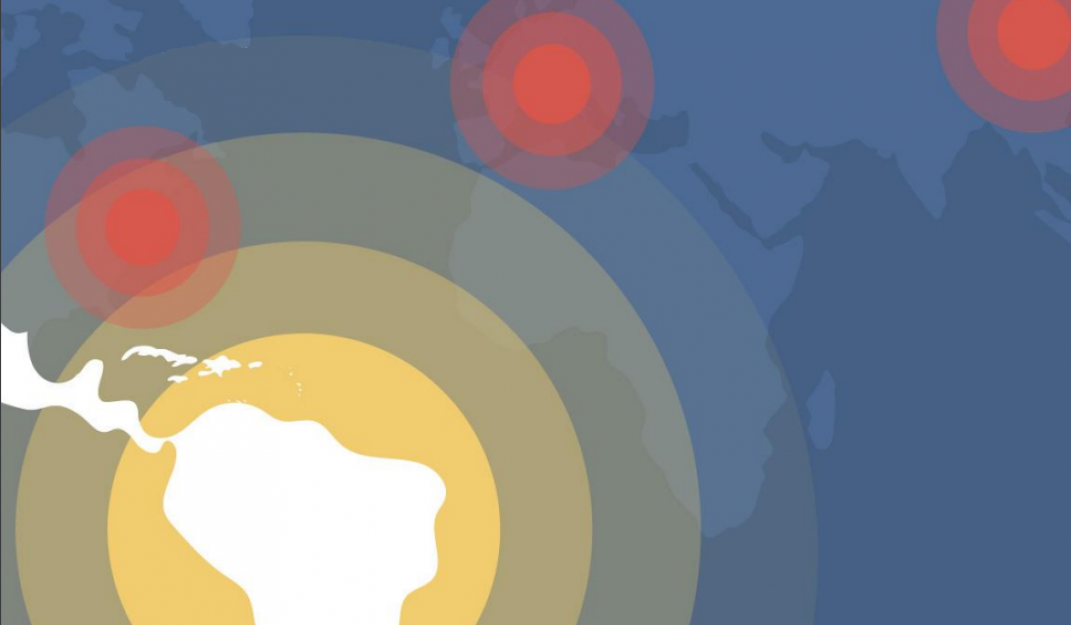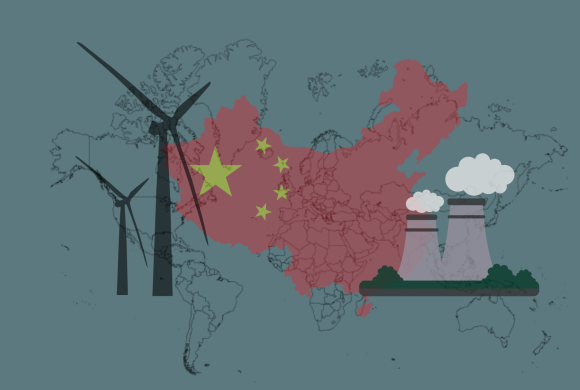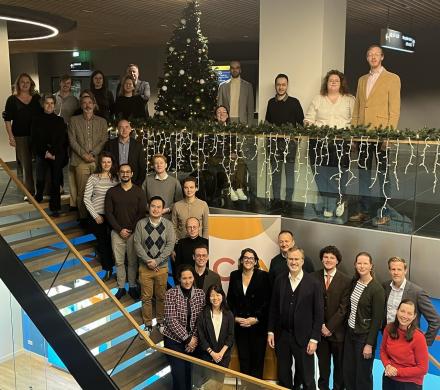#17 China's engagement with Latin America and the Caribbean: Geopolitical challenges and the role of the EU

This report discusses how the changing global geopolitical relations that result from China’s new position in the world affect the LAC region and its international relations. In addition, the report discusses how the EU and its member countries, including the Netherlands, could react to the challenges of the increased Chinese presence and can help to counter any potential negative consequences of the Chinese presence.
About the authors
Barbara Hogenboom is Professor of Latin American Studies at the University of Amsterdam and Director of the Centre for Latin American Research and Documentation (CEDLA). She is Managing Editor of the European Review of Latin American and Caribbean Studies (ERLACS).
Michiel Baud is Professor of Latin American Studies at the University of Amsterdam and former Director of CEDLA (2000–2017). Previously, he was Professor of Latin American Studies at the University of Leiden (1995–2000).
Diego Steinhöfel is Research Assistant at CEDLA–UvA. He previously worked at Brot für die Welt (2021) and at German Development Cooperation, GIZ (2016–2019). He graduated in Latin American Studies from CEDLA.
The authors want to thank Javier Corrales and Kees Koonings for their insights, which have helped to shape this report.
Design and Layout: Miren Zubizarreta.

Centre for Latin American Research and Documentation
Since its creation in 1964, the Centre for Latin American Research and Documentation (CEDLA), hosted by the University of Amsterdam, has promoted Latin American Studies in the Netherlands, Europe and beyond. We do this by conducting and stimulating relevant and original research on developments in Latin America and distributing the results of this research internationally via academic education at BA, MA and PhD levels. Based on a long history of multi-disciplinary research and studies in the fields of both Social Sciences and Humanities (including cultural anthropology, history, political science, human geography, sociology and economics), we increasingly apply interdisciplinary approaches in our projects and education.




